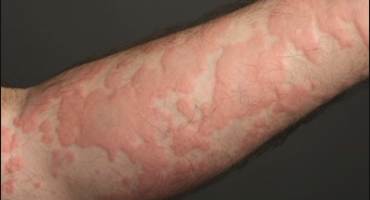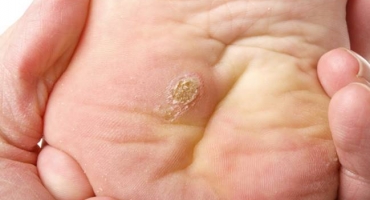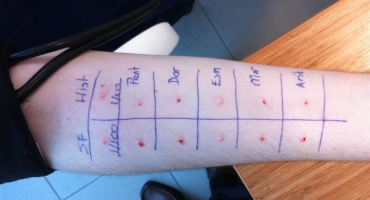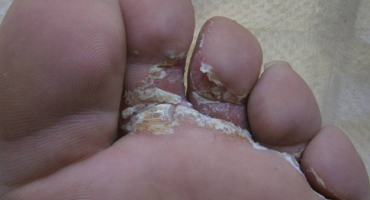
Urticaria (Hives)
Urticaria (hives) is a common disease characterized by redness, swelling and itching attacks on the skin, which may appear and disappear in a short time.
What is angioedema?
Angioedema is a form of urticaria, which manifests itself in deeper parts of the skin and gives findings in the form of swelling, swelling, itching or burning-stinging. It is often present in the eyelids, lips and sometimes in the mouth. The hands can be swollen and painful when affected. Ingestion may cause severe symptoms such as dyspnea and difficulty in swallowing. Angioedema and urticaria can be seen separately or together.
What can lead to Urticaria and Angioedema?
In both, the cause of the complaints is the release of histamine from allergy cells in the skin (mast cells). Exercise, application of pressure to the skin, physical factors such as cold, foods, drugs and infections can stimulate these cells. In some patients with chronic urticaria, their own immune system (autoantibody) structures in the bloodstream of the person stimulate the release of histamine from mast cells in the skin. Normal urticaria usually cannot detect a cause.
What triggers the hives?
The following factors can trigger the disease:
Infections: Acute upper respiratory tract infections, especially influenza, influenza.
Medications: Any drug can cause urticaria, but medications that cause painkillers, muscle relaxants and antibiotics are more common. Some blood pressure medications (ACE inhibitors) may also cause angioedema.
Alcohol, food and food additives: foods such as hazelnuts, walnuts, fish, tomatoes and strawberries may be responsible for urticaria.
What can I do to protect against hives (Urticaria)?
The most important thing is to avoid the factors that increase urticaria. These can be listed as follows:
Do not use painkillers (paracetamol is a safe remedy that can be used for this purpose) and aspirin unless it is very necessary.
ACE inhibitors used as hypertension medications are drugs that should be avoided especially in patients with angioedema.
Do not drink alcohol.
Avoid heavy exercise, extreme heat and cold environments.
Do not consume foods containing paint and additives.
What is the treatment of urticaria?
The most important thing in urticaria is to avoid the factors that worsen urticaria. Drugs used;
Antihistamines; It is the drugs used primarily in treatment that corrects itching and bulging in many patients. Because they act by preventing the occurrence of discomforting symptoms of the disease, regular use of these drugs on a daily basis (whether or not a bruise) is very important for a successful treatment. Your doctor may increase the dose of your medication when he or she is not able to suppress the disease. Some antihistamines can cause distractions and sleep, while others sleep less, but when taken with alcohol, this group also has drowsiness. For this reason, if you work in jobs that require attention, if you drive and work in jobs where mental activity is required, tell your doctor. Because the duration of the disease may vary from person to person, long-term drug use may be required in some cases.
In resistant and specific cases, drugs (such as steroids and cyclosporin) that affect the immune system or drugs administered by injection (omalizumab) may be used.
Although tongue and throat swelling is not very common, it is angioedema. If this is a rare and life-threatening finding, you should consult your nearest health unit.














